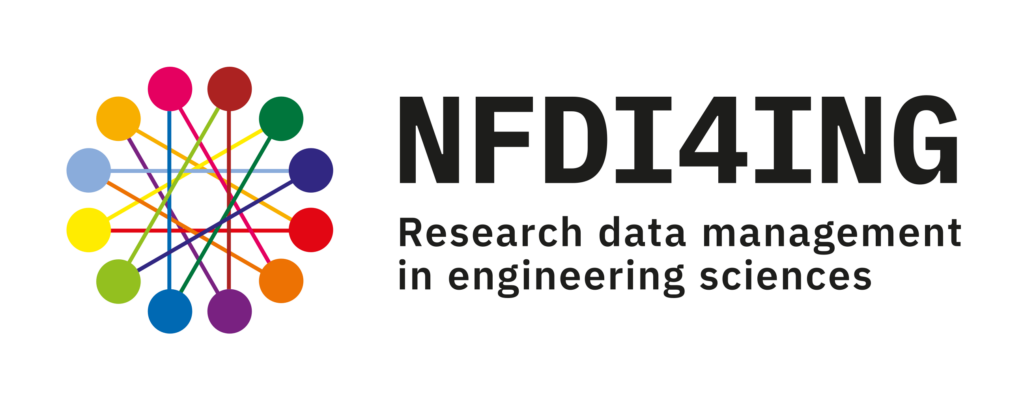nEWS Archive
Archive
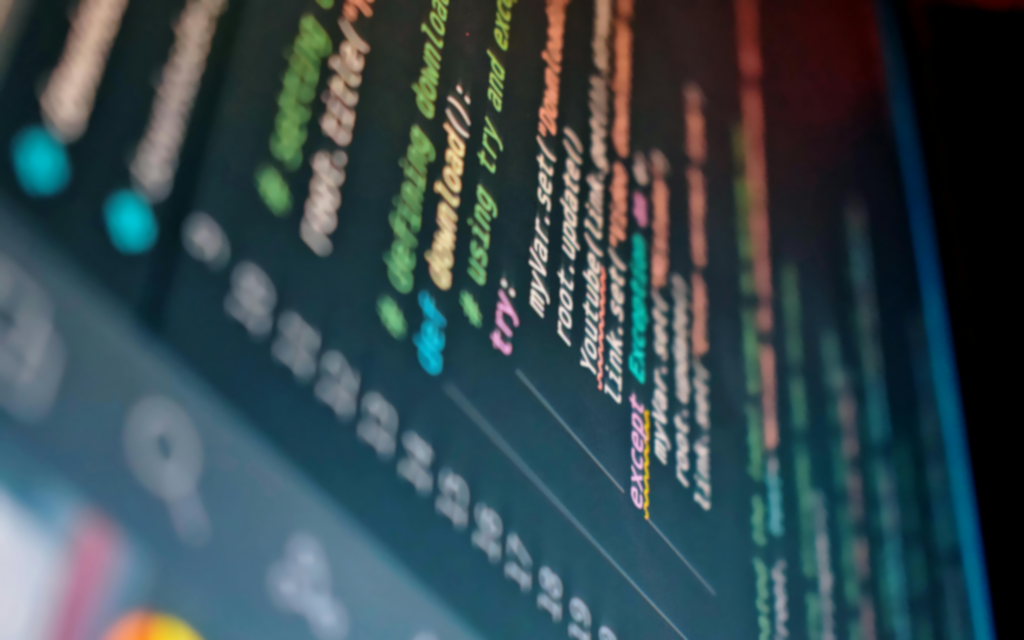
NFDI4ING continues to work on providing engineering literature for text and data mining applications. Example journal articles from the publisher MDPI are now available via the TUstorage document repository, and the Q&A Research Assistant LISA enables chatting with your own
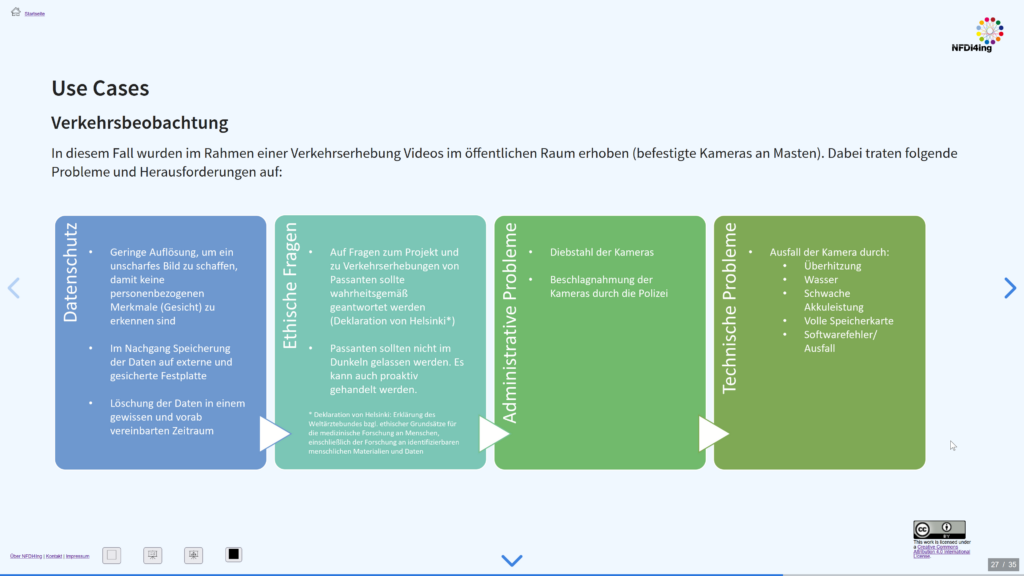
Help us make our trainings more illustrative! Provide experiences and use case snippets for community-driven RDM trainings from engineers for engineers.
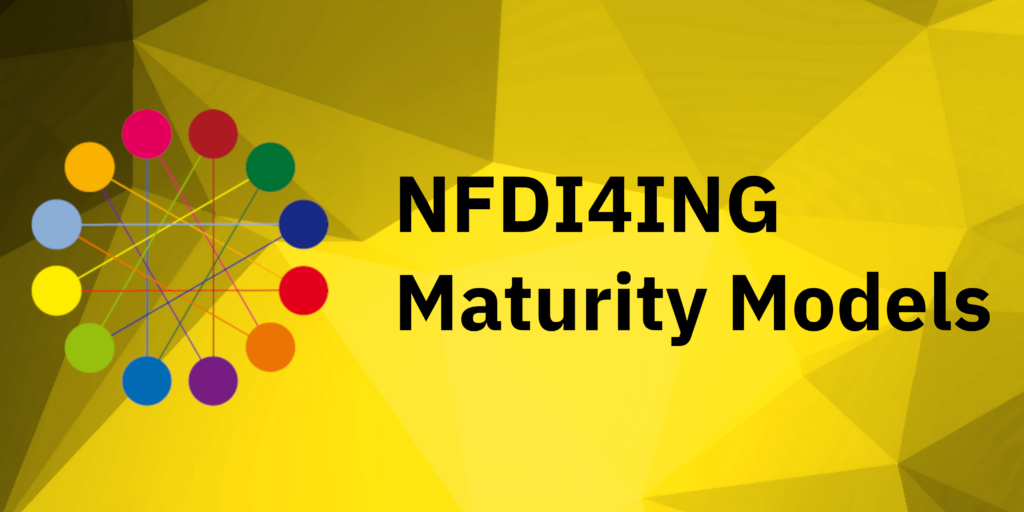
NFDI4ING developed a process-oriented reference model for the implementation of RDM in research projects. The results of an implementation in a German CRC will be presented and published at the upcoming ICED Conference 2025 in Dallas, Texas.

On 29 April, 2025 the next NFDI4ING Community Meeting will take place on the topic "Innovating Software Solutions in Engineering Research".

As part of our Task Area focused on providing research data management services to engineers, the task force Repositories and Storage is steadily working on further developing and improving the currently provided solutions. In this issue, we provide updates on
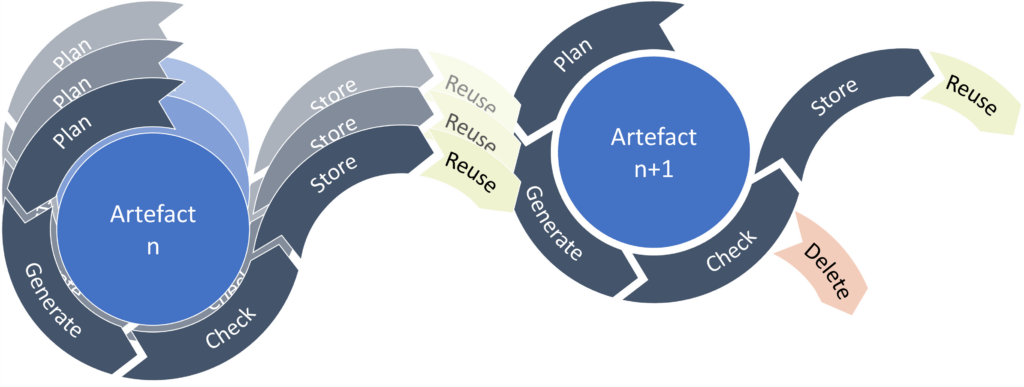
2024 was a milestone year for our Task Area FRANK ("many participants and simultaneous devices") with ten publications, including groundwork for a completely new RDM process tailored for researchers in engineering sciences. Additionally, JARVES - the digital data steward for

NFDI4ING has a whole task force dedicated to providing software centric services to the engineering community. Available services range from general coding support, to automatic tools that evaluate the code's quality, to a JupyterHub platform as-a-service. Read more for details
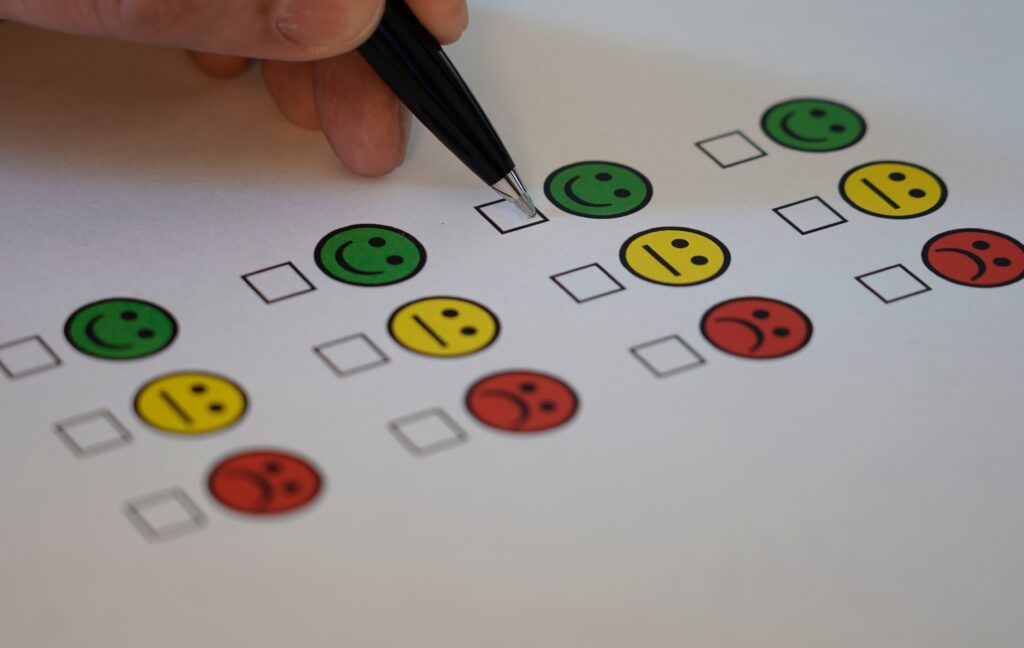
Your feedback is important for the development of research data management in engineering. The ‘NFDI4ING Community Survey 2024’ has started!
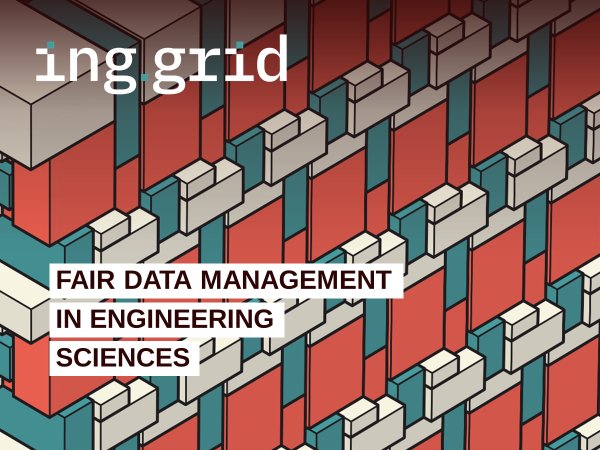
ing.grid, the OA journal for FAIR data management in engineering, made some big steps in 2024. The journal was shortlisted for the first-ever Enter Open Access Award, completed the first two issues, and is looking to grow further.

